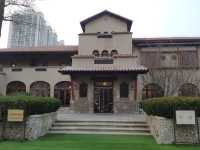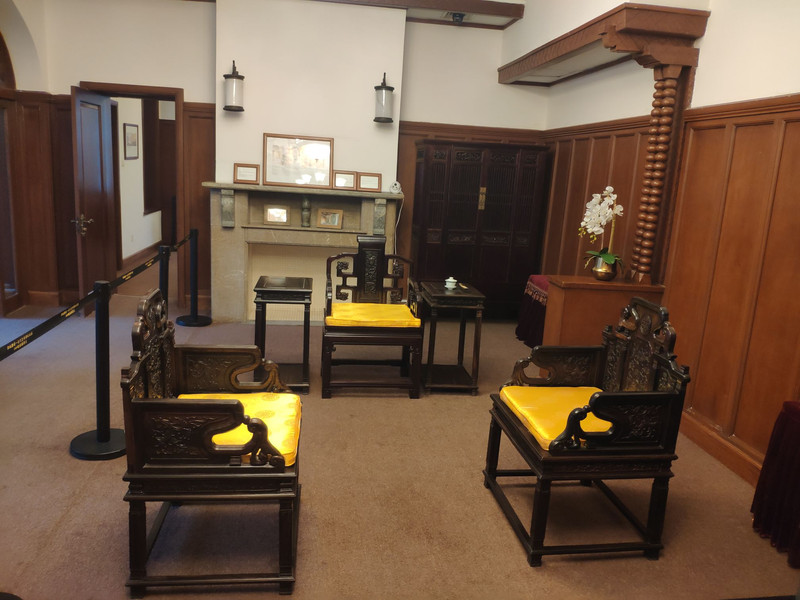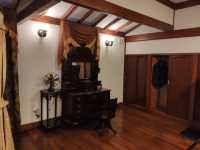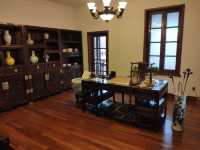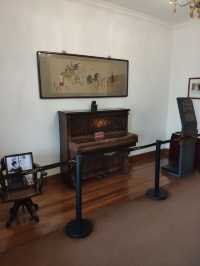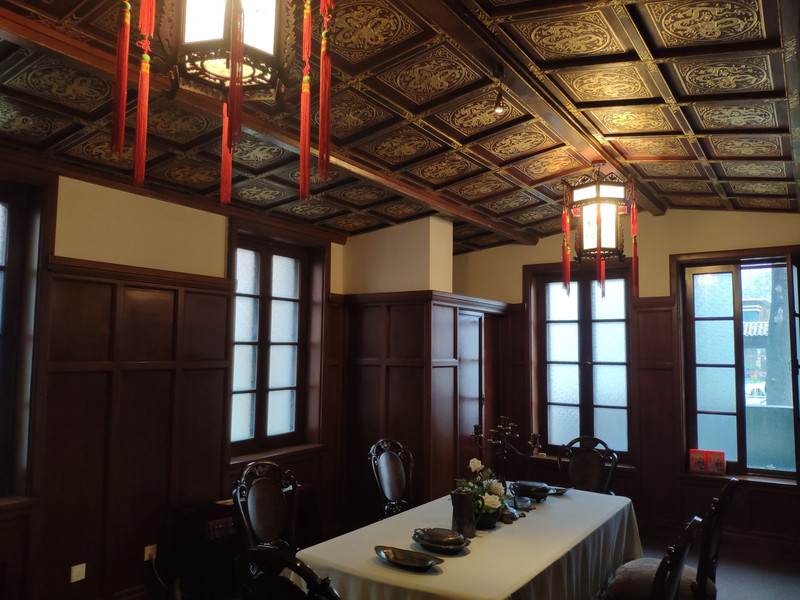I used to live in Tianjin, and I felt the history. I hope I can increase the explanation and have more interaction. In addition, it is not convenient to park here. It is not very convenient to drive by car!
;
Jingyuan Garden Review
4.7 /53070 Reviews
Popular Destinations
Cairo Travel | Lagos Travel | Montenegro Travel | Antwerp Travel | Wembley Travel | Morocco Travel | Cappadocia Travel | Blackpool Travel | Isle of Wight Travel | Addis Ababa Travel | Cornwall Travel | Wolverhampton Travel | Langkawi Travel | Newton Stewart Travel | Vlore Travel | Alanya Travel | Jiaxing Travel | Bydgoszcz Travel | Lviv Oblast Travel | Hin Tung Travel | Mishawaka Travel | Morso Municipality Travel | Comarca Aviles Travel | Treviso Travel | Druskininkai Municipality Travel | Banska Bystrica District Travel | Margam Travel | Port Erin Travel
Recommended Attractions at Popular Destinations
Bangkok attraction near me | Tokyo attraction near me | Manila attraction near me | Hong Kong attraction near me | Seoul attraction near me | Taipei attraction near me | Los Angeles attraction near me | New York attraction near me | Shanghai attraction near me | Kuala Lumpur attraction near me | Shenzhen attraction near me | Osaka attraction near me | London attraction near me | Singapore attraction near me | Guangzhou attraction near me | San Francisco attraction near me | Beijing attraction near me | Macau attraction near me | Bali attraction near me | Paris attraction near me | Orlando attraction near me | Jakarta attraction near me | Ho Chi Minh City attraction near me | Chicago attraction near me | Phuket attraction near me | Toronto attraction near me | Dallas attraction near me | Istanbul attraction near me | Cebu attraction near me | Seattle attraction near me
Popular Attractions
Beijing Wildlife Park | Florida beach | Tianmen Mountain | Nanxun Ancient Town | Universal Orlando Resort | Hampton Court Palace | Park Güell | The London Dungeon | Looc World War-II Memorial Shrine | Shichahai Bar Street | Warwick Castle | Taj Mahal | Vana Nava Water Jungle | Formby Beach | SEA LIFE Brighton | Santa Claus Village | The Great Pyramid of Giza | Zhangjiajie Grand Canyon Glass Bridge | Christliche Gemeinde Koinonia - Calvary Chapel Hannover | Grand Tour of Switzerland Foto Spot, Bellinzona | Disco Civico 8 | Palomarejos Golf | Holy Church of Saint Markella | MASJID NURUL YAQIN | Pop in and Play | D Block Park | Convento dei Frati Minori Cappuccini d'Abruzzo | Hanumaan Mandir | Alhambra | Ghibli Museum
Popular Travelogues
Bangkok Travelogue | Tokyo Travelogue | Hong Kong Travelogue | Seoul Travelogue | Los Angeles Travelogue | New York Travelogue | Shanghai Travelogue | Kuala Lumpur Travelogue | Shenzhen Travelogue | Osaka Travelogue | London Travelogue | Singapore Travelogue | Guangzhou Travelogue | San Francisco Travelogue | Beijing Travelogue | Macau Travelogue | Bali Travelogue | Paris Travelogue | Ho Chi Minh City Travelogue | Chicago Travelogue | Phuket Travelogue | Toronto Travelogue
Payment Methods
Our Partners
Copyright © 2024 Trip.com Travel Singapore Pte. Ltd. All rights reserved
Site Operator: Trip.com Travel Singapore Pte. Ltd.
Site Operator: Trip.com Travel Singapore Pte. Ltd.
